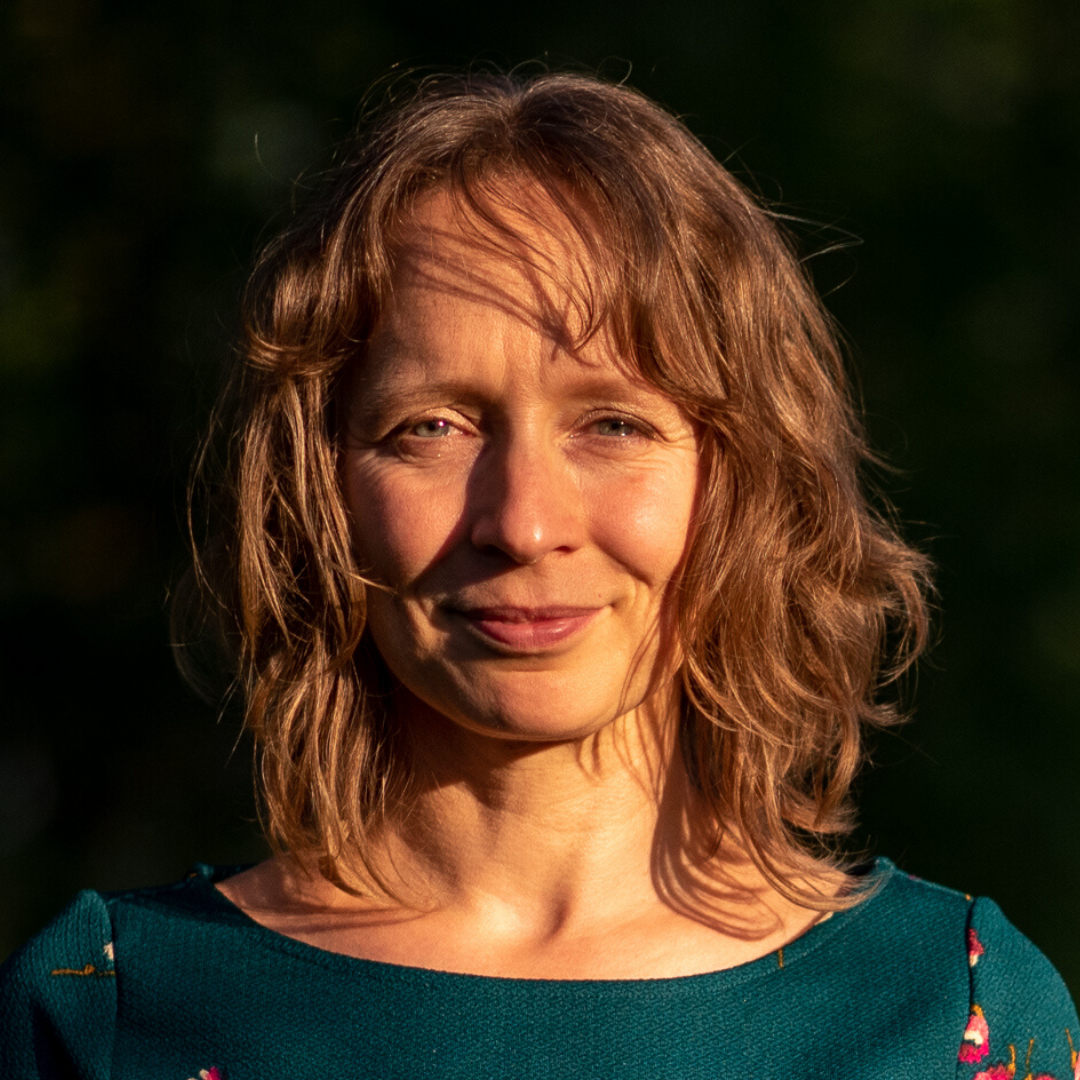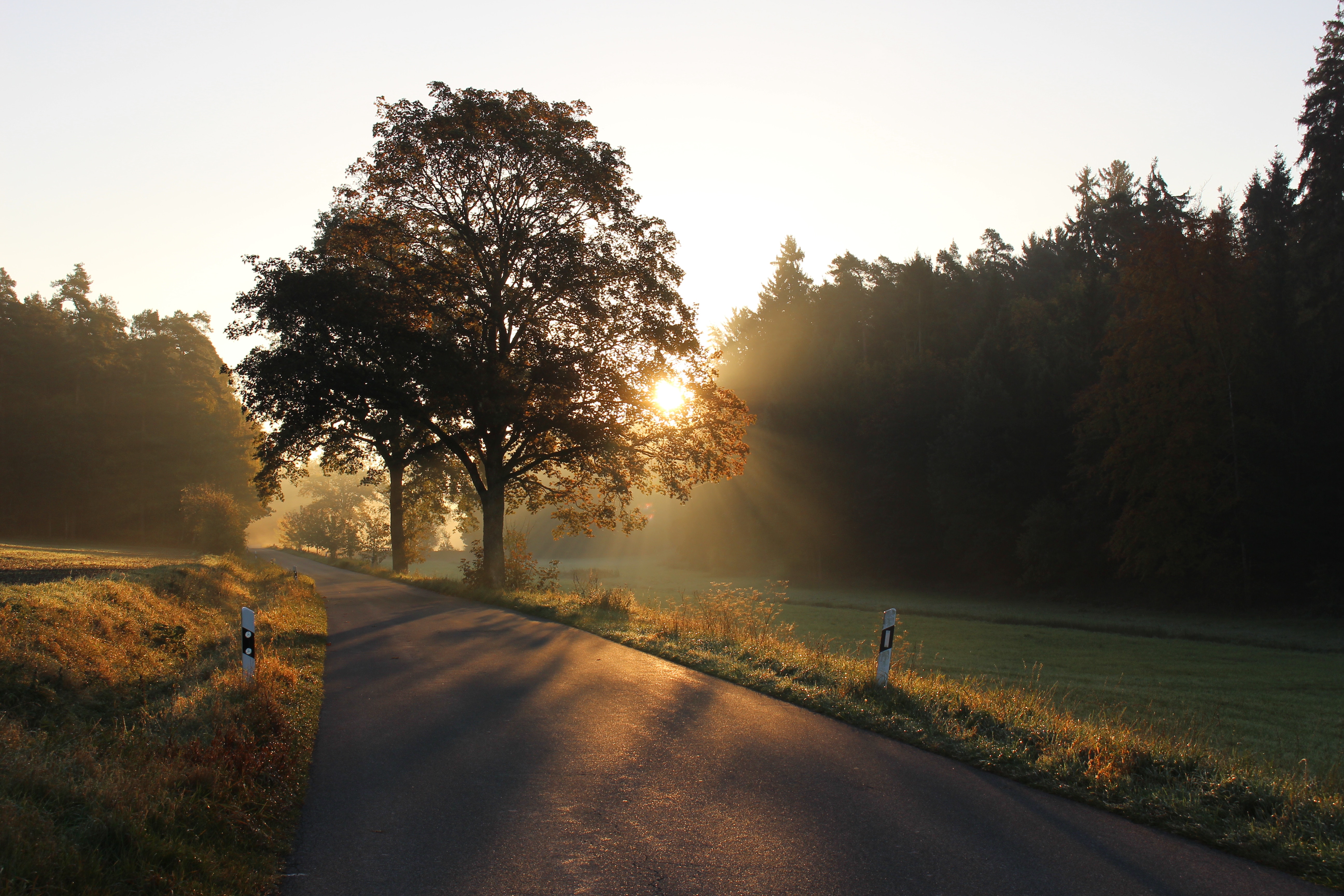It was a sunny Saturday morning. I was walking our dog around town, and I had decided to drop off a postcard.
It was a card addressed to a 7 year old boy that was in my daughter’s class last year. It was also addressed to his 6 year old sister and their dad — a postcard that had been lying on our kitchen table in a cloud of grief, empathy, wonder and wanting-to-know things that aren’t ours to know.
We had been having a lot of conversations leading up to the card: grown-up conversations about the depth that despair can reach. About how nobody knew. About leaving behind the people that are so, so precious. About how one lives on after something like this. About how shocked we were. And how we wanted to hold each other close with even more gratitude.
And we had been having conversations with our daughter, about the death of a mum. A mum that took her own life.
It took a lot of thinking, and talking to people, other parents, teachers and professionals in a short time-span to work out how we wanted to bring this to our girl. And that is a big topic in itself.
But not what I want to share with you today.
Because there I was, with that card, walking along the green stretches of grass, enjoying this late August summer morning. I was so aware that the woman who took her life was not here, in her body, to enjoy the small and big beauty of life.
And then I ran into a friend. And we talked. He was also walking his dog. And he suddenly asked: “Who died?”, nodding to the card that had slipped open.
I started talking about the mum. And he knew exactly who I was talking about. He had come across her in the forest many times. A kind woman. Nice dog. And he had seen it on the news.
He told me he was shattered when he heard. And we talked about that, both from our own perspective.
And then I realised I had vowed to myself to be more vigilant. And I asked him: “If you ever, ever, come even remotely close to that point, please tell me.”
And he froze and looked at me for half a minute. And then said: “Well, I am.”
And then time came to a stop. My attention was completely in the moment.
Of course part of me was shocked to hear this, but I mostly felt I wanted to stay in connection with him. I did not freak out. I did not feel the need to say or do anything but hold space for him in this big admission. I listened, I watched, I felt empathy surging through my heart and all of my body. I waited, fully present, for what would come next, if anything.
I knew that the biggest gift I had to offer was my full presence, and witnessing and acknowledging of what was and is his hardest truth to bear.
And there, on the pavement, we had a life-changing conversation for both of us.
He hadn’t shared this outside of therapist rooms where full emergency alerts go off when he did. Admitting this is his current truth is a big, big thing.
He said he normally didn’t talk about it. And now that I had asked him directly, he was not going to lie.
Being allowed into that was a deep honour. To listen. To briefly tell him that I knew a little about what it is to live in that state from my own experience.
But I was more interested to hear about what this was for him. Even when he said: “I don’t know what else to say,” and I answered, “That’s okay, you don’t have to,” I continued to hold space.
I was glad to hear about what kept him safe for now, and to express my gratitude that he is here now. I was also glad to ask for a deal when what keeps him safe starts falling away, and that he would come around for a cup of tea soon — and he joked “if I’m still around.” And we laughed, the energy was slowly changing between us, coming into a heart connection that included this momentous truth of now.
I was not going to belittle him by giving advice or trying to rescue him. Not there, not then. Not in that way.
I know he is in therapy and on medication. Since our initial conversation, I have checked in to know if he is bringing this into more of his relationships with close friends. And I asked how our initial conversation landed for him.
And I promised not to stalk him. But I am present. Knowing that ultimately, it is his choice.
I pray he may find healing in this lifetime, and I will keep offering my support as a friend and from what I know based on my experience and background.
My heart bleeds for how hard life can be for people, for the suffering that is happening. And I also know that healing can happen, while not always in the way that we expect it to happen, or on the timeline we would prefer.
And I am so deeply grateful for the extensive training I have in Holding Space, for the trust that I have built up in life’s unfolding over all my years of living my sometimes messy life, and even more so in coaching others and teaching coaches.
I am grateful for my ability to guide a change process from where it is. It means I can stay with him, where he is now, and he does not need to change for me. And he knows that I don’t think any less of him for knowing this. Quite the contrary. I see him in his courage to go on.
Later he messaged me how grateful he was I reacted the way I did, and how the conversation we had is bringing things in motion — in a helpful way.
No matter what happens, and I very much root for all the good things, I will be forever grateful that was the moment I decided to deliver that card.
When bad things happen, like the mother leaving this world, we need to make them count.
Suicide is very often a surprise for the people around the victim, and it happens for highly functioning people as much as very depressed people.
So ask the hard question.
Listen.
Listen.
Listen.
And when there is a risk of suicide*:
-
Check if they have professional help, and if the helpers are aware of the risk.
-
Ask them about their support system: Will they talk to them about this? Or do this yourself if you think the risk is high.
-
If they have a firm and detailed suicide plan, that is more than occasional fleeting thoughts; make sure they see a professional.
-
And ask what is holding them back (children, pets, religious beliefs…), these things can act as safeguards.
-
Stay in connection, don’t drop them. Spend time together without having to talk about this if they don’t want to, without having to fix it. Go for a walk, laugh about what is there to laugh about. Let them know you see them and you don’t judge them.
-
Guard your boundaries and ask for help to make sure you don’t take more responsibility than is yours, and don’t have to carry the weight of this all by yourself.
*These guidelines were kindly checked by psychiatrist and long-time Buddhist practitioner Arthur Calnan.
** I share this with full permission of my friend.


